In Sugar Land, a quiet evening to rediscover Dr. Hedgewar’s legacy
The book is a product of a seven-year research journey spanning archives, translations, interviews, and hundreds of RSS events across the world.
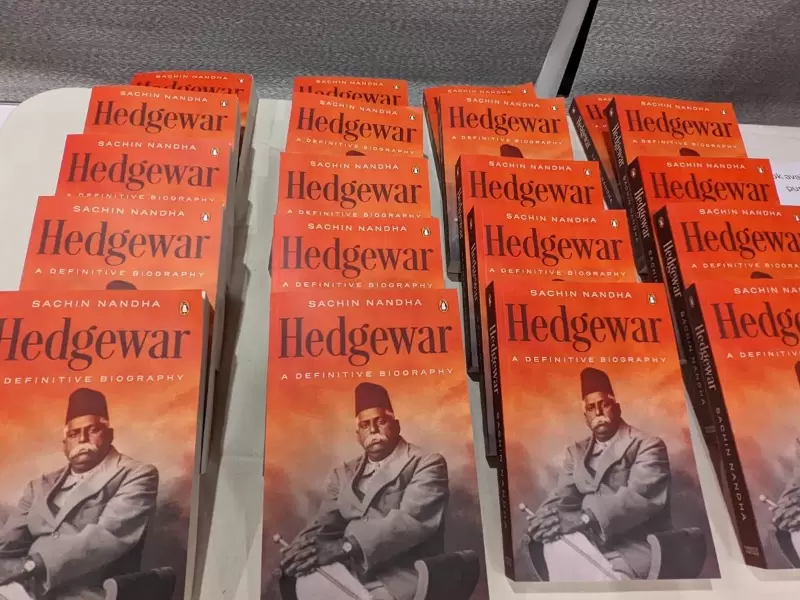 Bright orange copies of Hedgewar: A Definitive Biography on display at the Houston event marking both the book’s launch and the centenary of the Rashtriya Swayamsevak Sangh. / Juhi Verma
Bright orange copies of Hedgewar: A Definitive Biography on display at the Houston event marking both the book’s launch and the centenary of the Rashtriya Swayamsevak Sangh. / Juhi Verma
Inside the special room at Indian Summer, a familiar venue for community gatherings in Sugar Land, about 90 people stood around talking, plates of samosas and Indian food in hand, waiting for the program to begin. On a small table near the front of the room, around thirty bright orange copies of Hedgewar: A Definitive Biography were neatly stacked.
British-Indian author, Sachin Nandha, mingled easily with the crowd before taking the stage at around 7 p.m. “No one listens on an empty stomach,” someone joked as people settled into their seats. What followed was a talk that held the room spellbound.
The evening marked the Houston-area celebration of Nandha’s new book — and, more broadly, the centenary of the Rashtriya Swayamsevak Sangh (RSS), the organization founded by Dr. Keshav Baliram Hedgewar in 1925 in Nagpur. Hedgewar (1889–1940), physician turned radical revolutionary turned visionary, created the RSS as a movement to revive cultural confidence and unity among Hindus at a time when India was grappling with colonial rule and internal division.
ALSO READ: Scholar re-examines RSS founder Hedgewar’s legacy during U.S. tour
The event organized by AHEAD (American Hindus for Engagement and Dialogue) in collaboration with HGH (Hindus of Greater Houston) , HSS Houston Chapter and Hindu Yuva Houston Chapter.
For the past two weeks, Nandha has been touring the U.S. West Coast and Texas, visiting more than a dozen cities and speaking at up to two events a day.
Nandha, a third-generation Hindu from the UK, said his interest in Hedgewar began when he couldn’t find any comprehensive English-language biography of the RSS founder.
Post-Independence RSS literature wasn’t written with academics or journalists in mind, and when Nandha often voiced frustration over how scattered the material was, people would inevitably respond, “Then why don’t you write it yourself?”
So, he decided to write it himself. What followed was a seven-year research journey spanning archives, translations, interviews, and hundreds of RSS events across the world.
Drawing on his experience growing up in the UK, he noted that despite India’s growing confidence, the West still doesn’t truly grasp India. “India is in the room,” he said, “but not yet on the table,” reflecting his view that India remains underrepresented at the global policy level.
Though Nandha does not read Marathi, Hindi, or Bengali — the languages in which most early RSS literature is written — his academic training helped bridge that gap. A philosopher and strategist by profession, with a Ph.D. from Oxford University on Christian and Islamic thought, he approached Hedgewar’s life as both a scholar and an outsider seeking understanding.
“If you want to understand modern India,” he said, “you have to understand the RSS. And if you want to understand the RSS, you have to understand Hedgewar…Now I don't really care if you like the RSS or don't like the RSS, that's not my argument. My argument, though, is that the force that is shaping modern India more than any other, is the movement that Keshav Hedgewar started.”
The book traces Hedgewar’s early life — orphaned at 12 during a plague, adopted three months later by a wealthy patron B.S.Moonje who gave him access to education and intellectual, reformist circles. It recounts his medical studies, his friendship with Narayan Savarkar (Veer Savarkar’s brother), and his imprisonment as a political activist. Though he was jailed as a political prisoner, Hedgewar chose to live among common prisoners, enduring harsh conditions that permanently affected his health.
For Nandha, Hedgewar’s significance lies not just in his founding of the RSS but in his diagnosis of India’s deeper malaise. “He saw the Islamic and British invasions as symptoms,” Nandha explained. “The real disease was the fragmentation of Hindu society — caste, division, and the disempowerment of women…His solution to this problem of lack of social capital was what he termed as ‘Rashtra Bhav,’ right?
Sadly, that term has been mistranslated into nationalism. He would have never meant it as nationalism.”
The discussion sparked conversation among attendees. One participant reflected afterward: “After what Hindus had gone through for centuries, everyone was shell-shocked and retreated into their own small communities. Hedgewar wanted to rebuild.”
“There was strong interest and active participation from the youth, which added vibrancy and thoughtful engagement to the discussions,” said Manoj Rathi, principal AHEAD volunteer and lead organizer of the event. “The audience was particularly impressed by the author’s clarity of thought, depth of understanding, and the articulate manner in a way key ideas were presented.”
By the time the evening ended, the chatter in the room had softened into reflection. A few guests stayed back to get their books signed, others lingered, discussing what Hedgewar’s ideas might mean in today’s India and diaspora.
The book is available on Amazon.
ADVERTISEMENT
ADVERTISEMENT
E Paper
Video



1749580004.png) Juhi Varma
Juhi Varma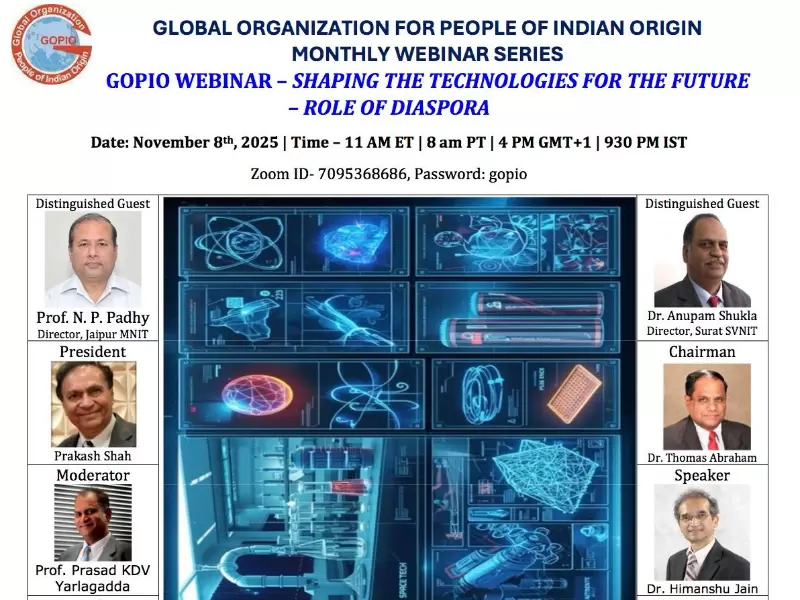
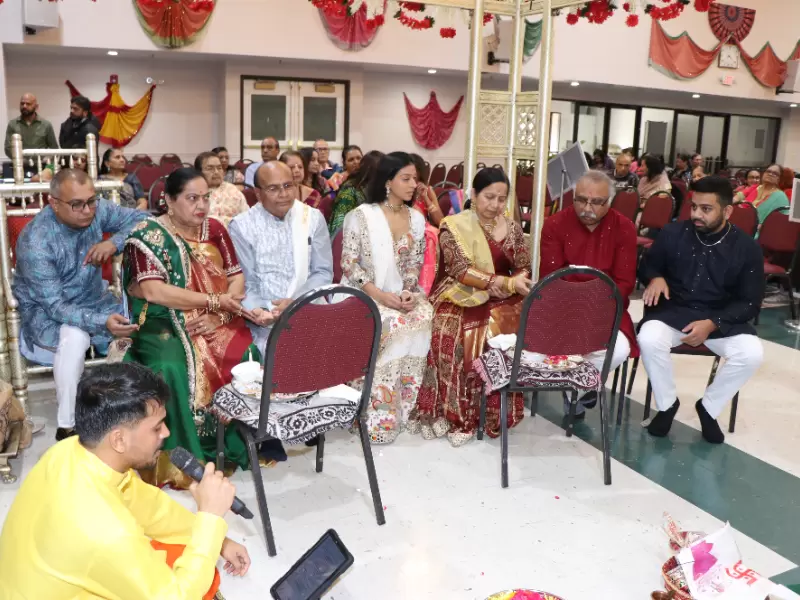



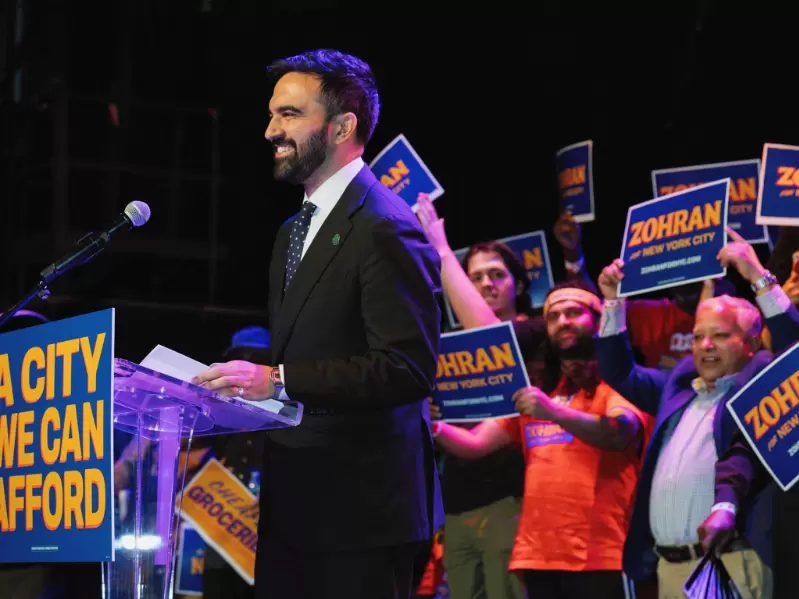
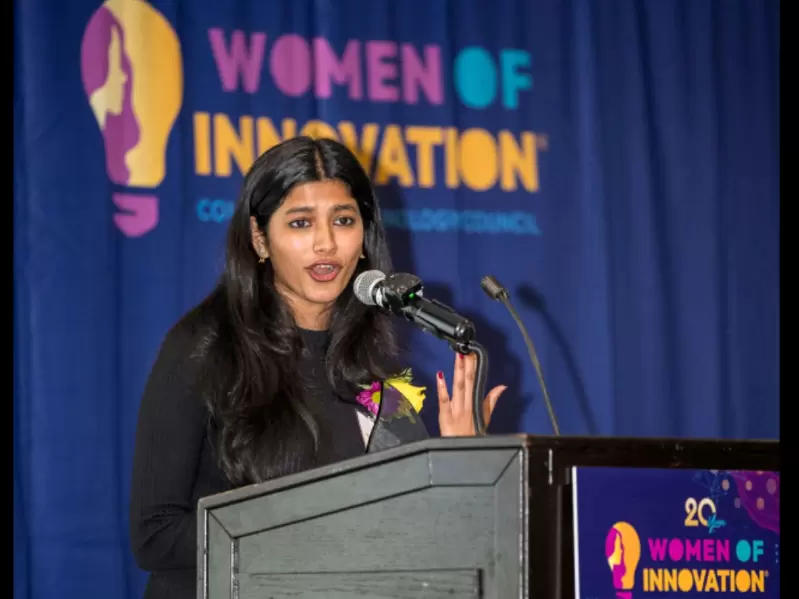


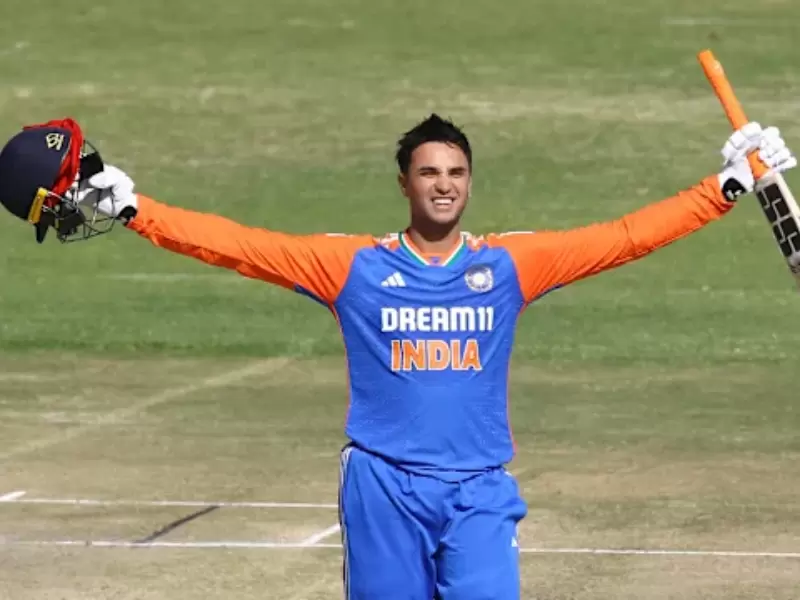


Comments
Start the conversation
Become a member of New India Abroad to start commenting.
Sign Up Now
Already have an account? Login